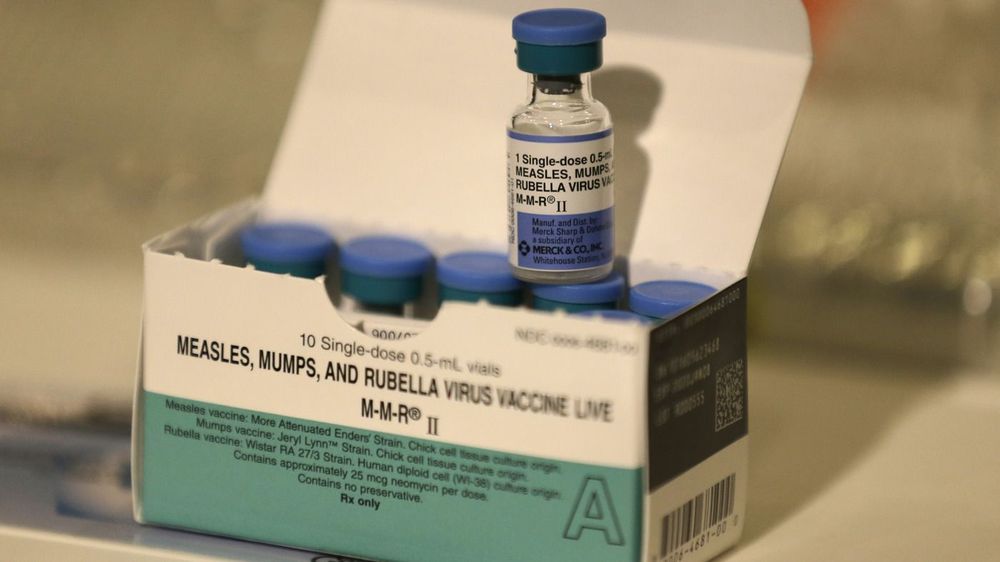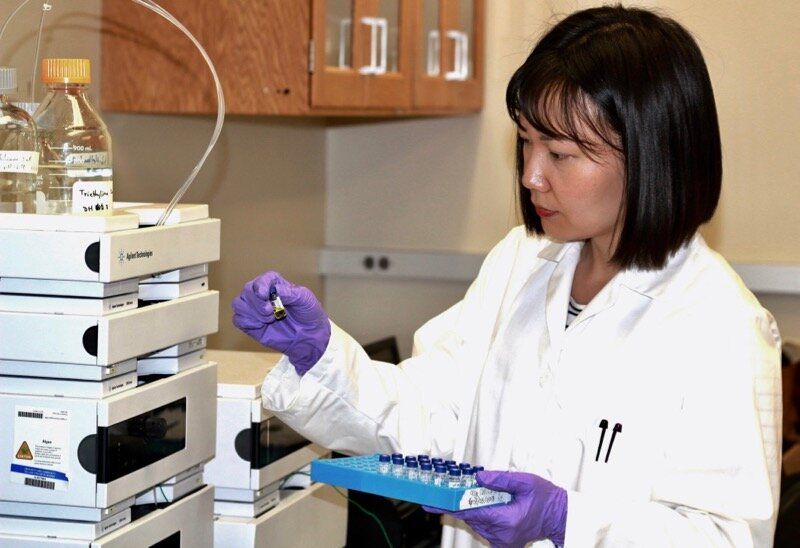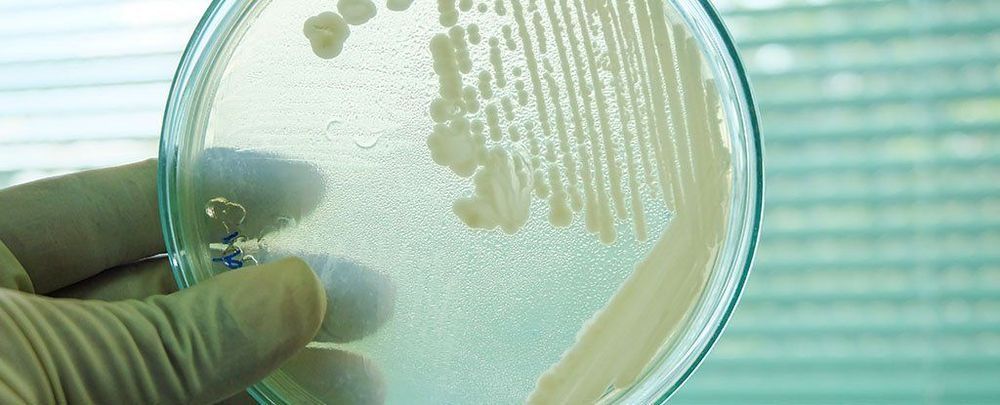From smog-sucking bikes to electric taxis and paint made of car exhaust, designers and architects are stepping up to address air pollution—the world’s single largest health risk. But a new air filter making the rounds in Oslo, Paris, Brussels, and Hong Kong shows that nature may be our best ally in this battle.
Essentially a moss-covered wall, each CityTree removes CO2, nitrogen oxides, and particulate matter from the air while also producing oxygen. A single tree is able to absorb 250 grams of particulate matter a day and remove 240 metric tons of CO2 each year—a level roughly on par with the air purification impact of 275 urban trees. Thirteen feet tall, with a metal frame, the CityTrees are easily installed in a public space, and they even have built-in seating at their base.









